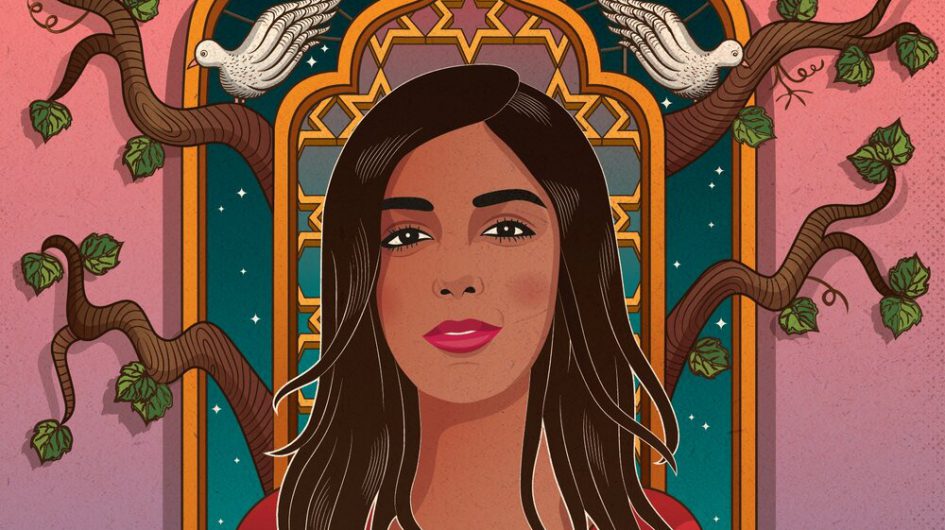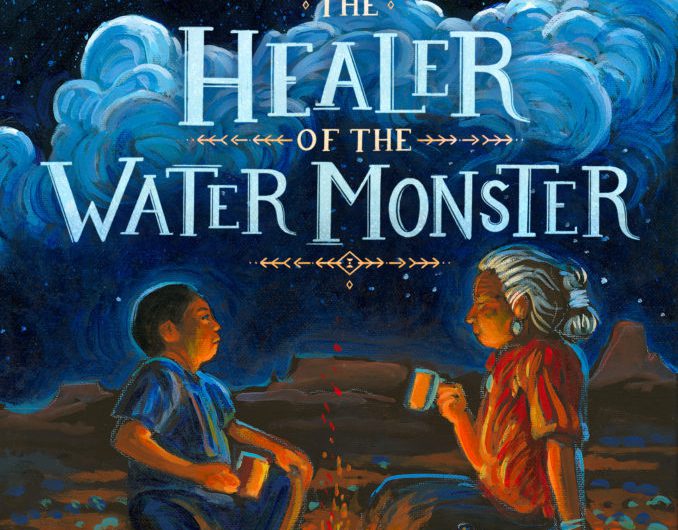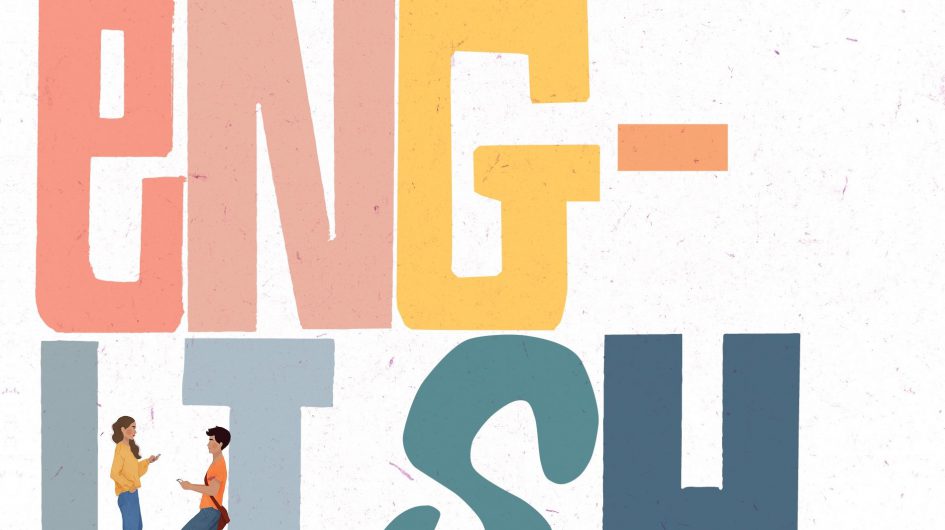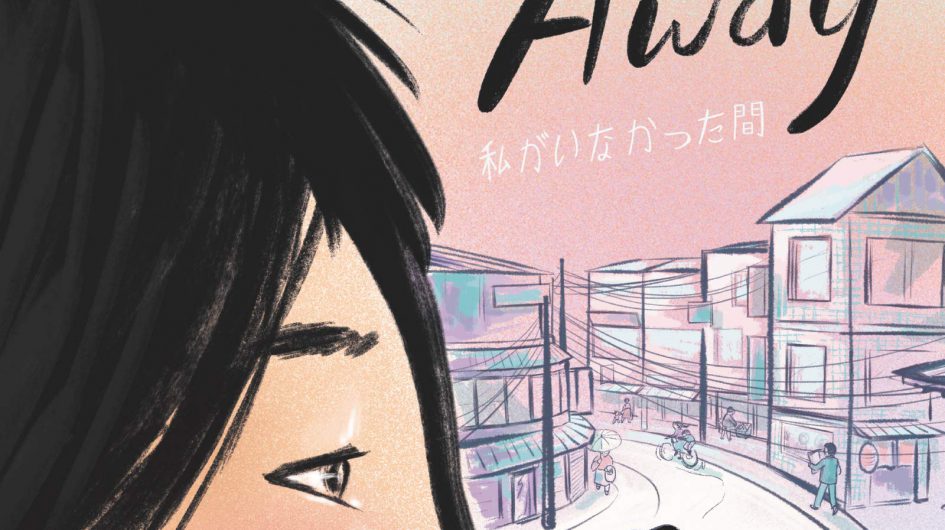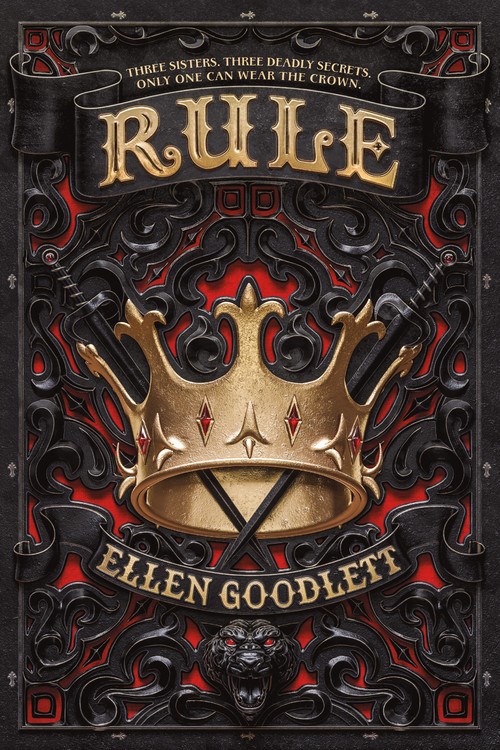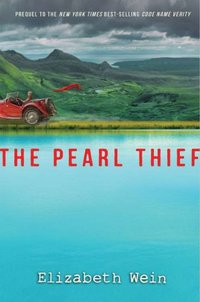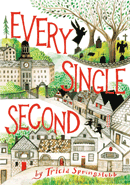The Marvelous Mirza Girls by Sheba Karim
Too overcome by grief to write or even to think about college, Noreen Mirza runs. Running helps her forget since any memory of her Aunt Sonia—who adored Islamic art and architecture—is replaced by the demand for breathing. Running takes her out of her head and provides a respite from the grief. So, when her mother gets offered an assignment in Delhi, India, the two Mirza girls pack up and escape. Noreen justifies this gap year as a tribute to her beloved Sonia Khala who never got to make the trip she always talked about and who would be excited if she knew where Noreen wasRead More →

